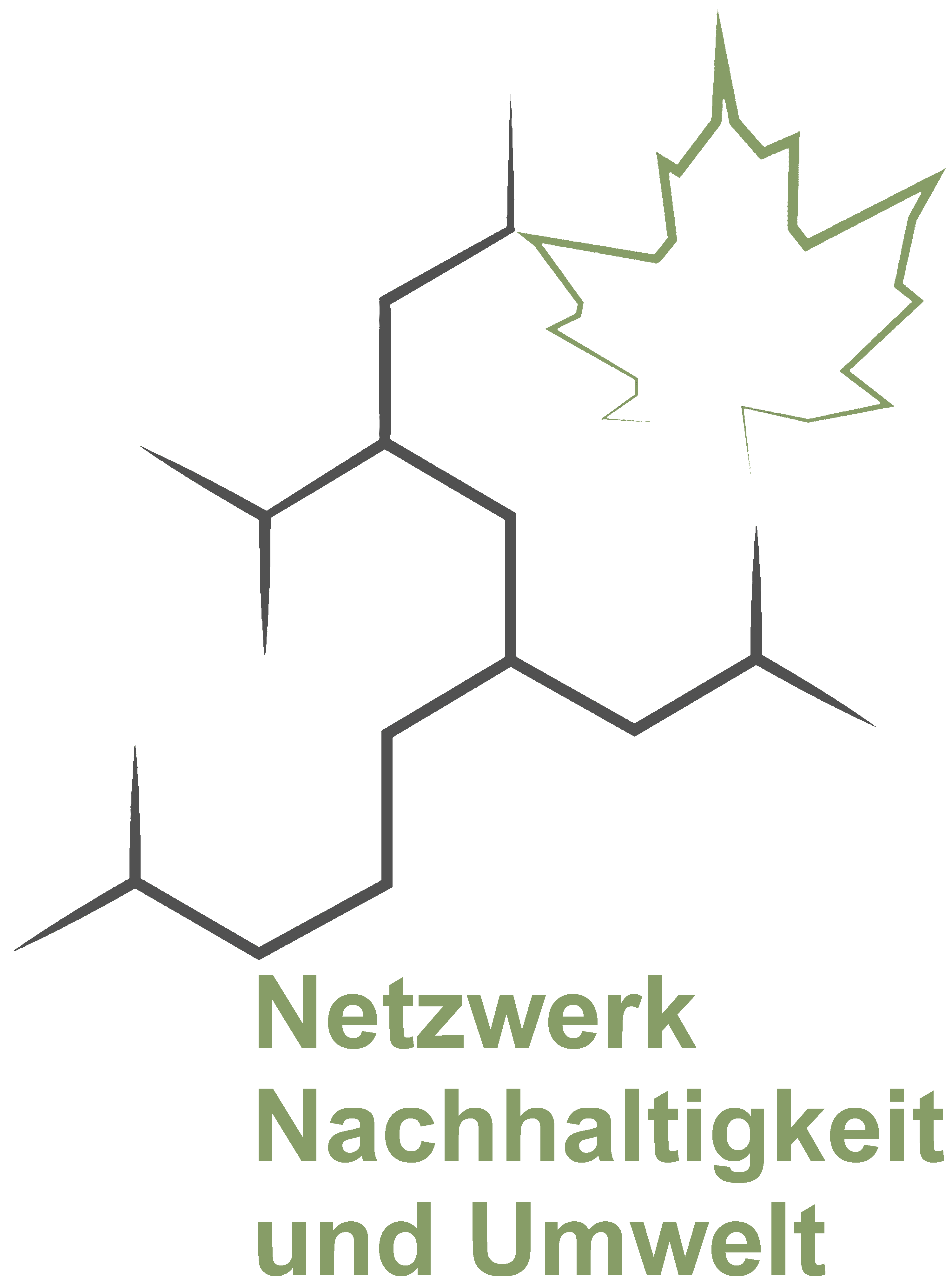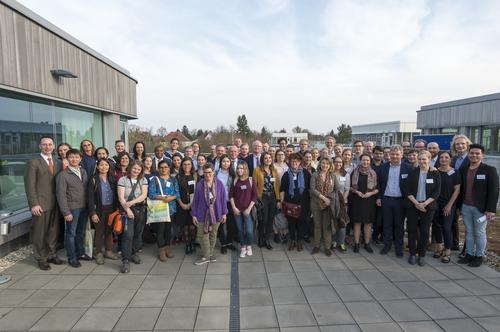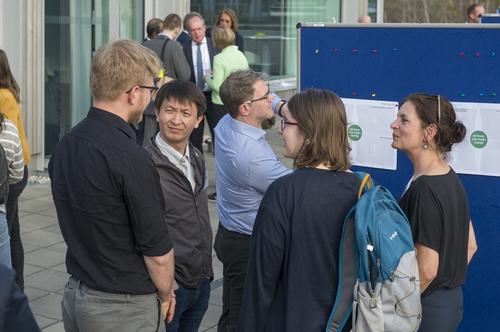Networks and Cooperations
Spring Campus 2018
Image Credit: Bernd Wannenmacher
Spring Campus 2018
Image Credit: Bernd Wannenmacher
We participate in several regional and international sustainability networks, because open-mindedness and the willingness to cooperate internationally are at the core of our institutional self-image. As a platform, networks facilitate the exchange of knowledge and best practices.
Una Europa
Vision and Partner Universities
Una Europa is a European university network with the vision of creating a European University for exceptional teaching and research. Since 2019, the university network has served as a European real laboratory for collaboration in education, research, and innovation towards a university of the future, creating offerings for interdisciplinary, transnational, and inclusive education. The Una Europa network consisted of eight partner universities from 2019-2022 and has now expanded to include 11 universities:
• Freie Universität (FU) Berlin
• Università di Bologna
• University College Dublin/ An Coláiste Ollscoile Baile Átha Cliath
• University of Edinburgh
• KU Leuven
• Universidad Complutense de Madrid
• Uniwersytet Jagielloński in Krakow
• Universiteit Leiden
• Université Paris 1 Panthéon-Sorbonne
• Helsingin Yliopisto in Helsinki
• Universität Zürich
The universities aim for a more extensive partnership, which led to the submission and successful approval of a second EU application in March 2022. This approval extends the partnership for four years, and from 2022-2026, activities within the new EU-funded subproject of Una Europa, named Una.Futura, will take place in the areas of teaching, research, and transfer among the 11 partner universities.
The Focus on Sustainability in Teaching and Research
In the sustainability domain, FU Berlin coordinates a committee of approximately 33 researchers involved in teaching and research on sustainability topics. This committee implements various teaching and research projects, including the design of a Bachelor's program in sustainable development under the leadership of Uniwersytet Jagielloński in Krakow, scheduled to begin in the winter semester of 2025/26. In 2021, FU Berlin also participated in the development of a pilot project in the context of lifelong learning, led by the Università di Bologna. Finally, during the first funding phase, 1Europe (until 2022), a "Micro-credential" consisting of four MOOCs (Massive Open Online Courses) in the field of sustainability was implemented under the leadership of the University of Helsinki. This credential is freely accessible to external individuals and provides a comprehensive introduction to the field of sustainability. In the second funding phase, Una.Futura (2022-2026), there will be a continued focus on more accessible teaching and learning formats, such as the Collaborative Online International Learning (COIL) approach or a Master International Research Internship (MIRI). Additionally, the committee is developing opportunities for young researchers to connect, participate in training (e.g., through Summer Schools), and contribute to specific research projects, including Seed Funding initiatives.
The Task Force Sustainability and Climate Protection
Within the Una Europa Alliance, a Task Force has been formed alongside the scientific committee, focusing on institutional aspects of sustainability and climate protection at universities. In 2021, this Task Force developed a joint strategy for institutional responsibility in the areas of sustainability and climate protection for Una Europa partner universities. The strategy paper outlines goals in four strategic action areas: Governance, Teaching and Societal Engagement, Operations, and Health and Resilience. The Task Force meets regularly (online) to guide the implementation of these goals through collegial exchange. The discussions include frameworks such as the Planetary Boundaries model and the Sustainable Development Goals (SDGs). In this international collaboration, ideas for improvement are discussed and brought to the universities. As part of an in-person workshop, practical experiences on topics such as Sustainability Governance and Community Engagement were exchanged, leading to the creation of reflection papers for decision-makers.
Other Areas within Una Europa
Apart from sustainability, Una Europa focuses on five other main areas: European Studies, Cultural Heritage, Health, Future Materials, and Data Science and Artificial Intelligence. A joint Bachelor's degree in European Studies has been available since the winter semester of 2022/23.
Opportunities for participation are open to students, researchers, and non-academic staff and can be found on the pages of the FU International Center. Take a look! -> Here's the link.
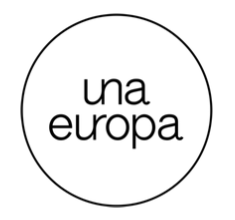
University Alliance for Sustainability
In 2015, we founded the University Alliance for Sustainability (UAS) together with our four strategic partner universities: the Hebrew University of Jerusalem, the University of British Columbia, Saint Petersburg State University, and Peking University. The UAS follows a holistic approach and aims to systematically link research, teaching, knowledge transfer, and campus management activities. International partner universities complement each other’s strengths to develop joint research and teaching projects. At the annual Spring Campus Conference and regular Teaching and Management Incubators, the latest research, best practices, and potential collaborative projects are discussed. 423 participants from 20 countries attended the first three Spring Campus Conferences between 2016 and 2018.
A comprehensive mobility program facilitates the systematic exchange of ideas and experiences regarding all aspects of sustainability. It offers research trips for students as well as faculty and staff.
The UAS receives funding from the German Academic Exchange Service (DAAD) over six years (2015-2020). Freie Universität Berlin is committed to continuing the University Alliance for Sustainability in the long ter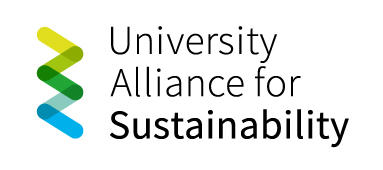
ISCN - International Sustainable Campus Network
The International Sustainable Campus Network (ISCN), founded in 2007, is a worldwide network of over 100 universities and serves as a forum for the exchange of ideas and information on all dimensions of sustainability at the university. Members of ISCN include renowned universities such as Harvard University, ETH Zürich, the Massachusetts Institute of Technology (MIT), and the University of British Columbia. Since 2016, Freie Universität Berlin has been on ISCN’s Advisory Committee.

UNICA Green
The Network of Universities from the Capitals of Europe (UNICA)—co-founded by Freie Universität Berlin in 1990—connects universities in European capitals. Since 2014, Freie Universität has been a member of the UNICA GREEN working group, which strives to foster the systematic exchange of ideas and experiences among the 49 member universities and organizes annual workshops on various sustainability topics.
Together with UNICA, Freie Universität Berlin created the “Mapping Sustainability” project. With the help of an interactive map, it makes visible sustainability structures and activities at European universities. The project aims to increase transparency and encourage networking among sustainability-minded universities. You can find more information and the interactive map here.
Green Alliance of Universities for a Sustainable Future (GAUSF)
The Green Alliance of Universities for a Sustainable Future (GAUSF) was founded on the initiative of Peking University in July 2014. The network was founded by five national Chinese partner institutions as well as six international ones, among them Freie Universität Berlin. Its goal is to contribute to sustainable development through international cooperation in sustainability-related research and teaching.
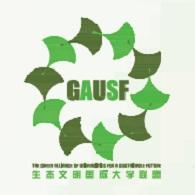
Sustainability at Universities – HOCHN
In November 2016, the project Sustainability at Universities (HOCHN): developing – networking – reporting began. Funded by the Federal Ministry of Education and Research, it includes several German universities. The project is being implemented under the auspices of the University of Hamburg. Freie Universität Berlin is involved in the Governance and Sustainability Reporting work packages and is represented on the Advisory Board. To facilitate the implementation of sustainability strategies at higher education institutions, guidelines for sustainable development in universities were drafted based on the central areas of activity, including Governance, Research, Teaching, Operations, and Sustainability Reporting.
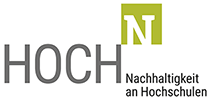
Working Group ‘Higher Education’ of the UN Decade for Sustainable Development
The higher education working group of the World Decade for Sustainable Development (2005-2014) of the United Nations in Germany aims to establish sustainability in the German university system. The working group develops priority fields of action for the university education sector and concrete goals and implementation strategies. It also identifies examples of good practice and gives suggestions for new educational and learning formats. The forum emerged from the Working Group University of the World Decade Education for Sustainable Development (2005-2014). The goal was to anchor sustainability in the German higher education system. On the initiative of the working group, the Memorandum on Universities and Sustainability was jointly adopted in 2009 by the German Rectors' Conference and the German Commission for UNESCO.

Network for the Environment at Universities and Research Institutions in Eastern Germany
The Network for the Environment was founded on the initiative of Technical University Berlin and Charité-University Medicine Berlin in 2011. It serves as a platform for the exchange of experiences between universities and research institutions. It was initially limited to the region of Berlin-Brandenburg but later included members from Saxony, Mecklenburg-Vorpommern, and Thuringia. More than 30 organizations now belong to the network, whose members meet twice a year.
